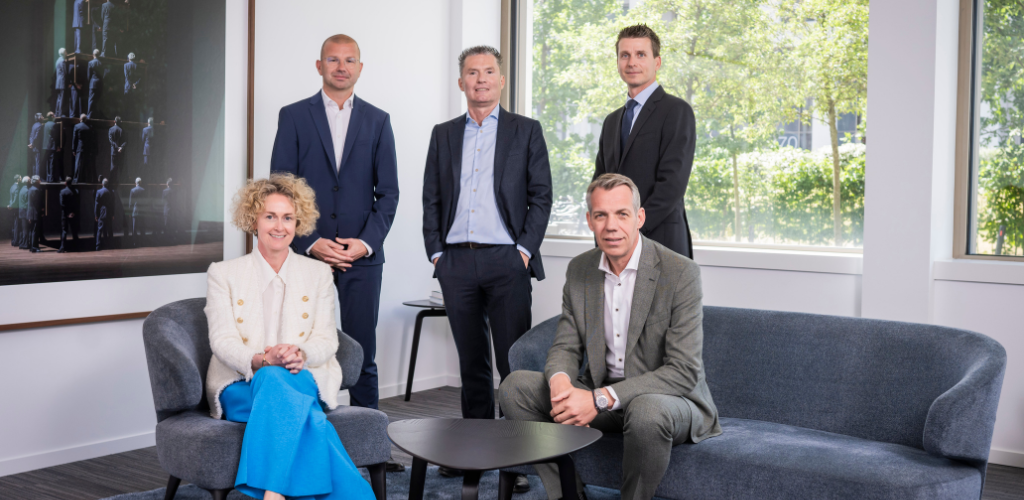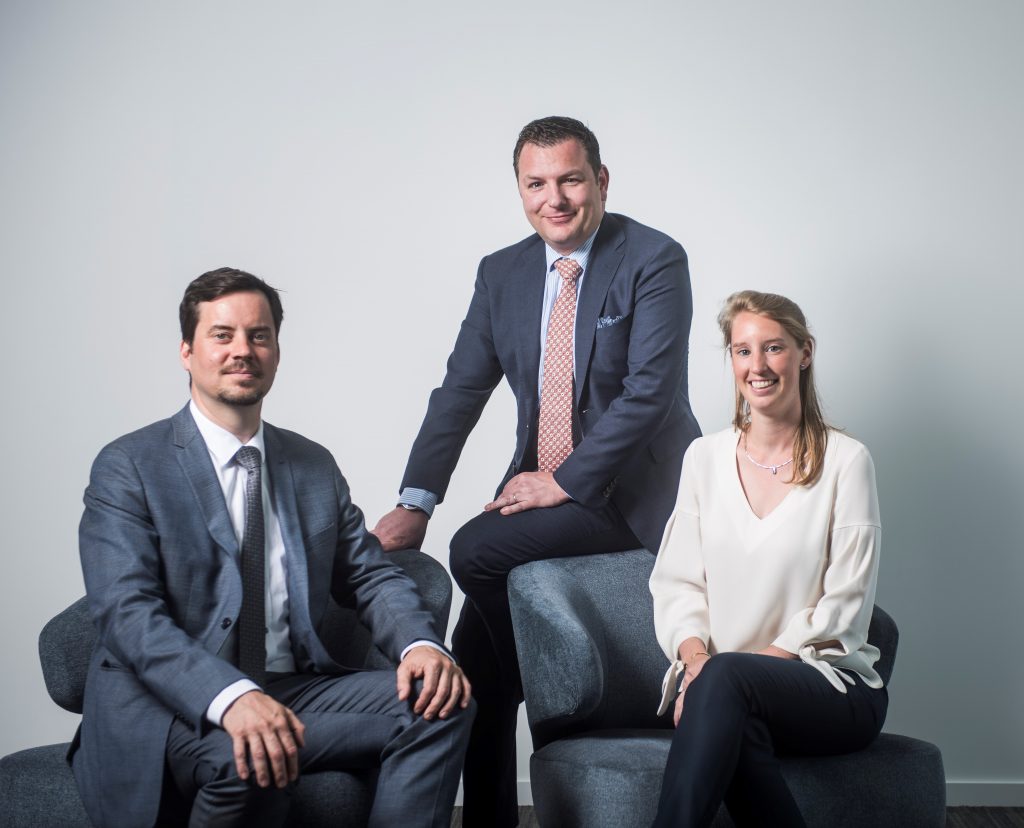This year, CapitalatWork won no fewer than three Fund Awards and one Group Award. What makes this specialised asset manager, active in the Benelux, so successful? What is the secret?
Erwin Deseyn, Chief Investment Officer: “There is no secret. I can think of a number of reasons why our investments have performed so strongly. Consistency is the guiding principle here. The investment strategy we deploy has remained the same throughout the 33 years of our existence. Thus, for the investment strategy, it does not matter if a CEO leaves or a new one starts. The investment policy will not change. It is actually no different from how, for example, Warren Buffett invests. He has been doing the same thing for 60 years.”
“Our investment strategy rests on three pillars: asset allocation, investment selection and active management so that adjustments can be made quickly and flexibly within the asset allocation and investment selection. The strategy is anything but static. It is about seizing opportunities and avoiding risks. We only invest in things that we understand and can fathom out. This explains why CapitalatWork only invests in listed corporate and government bonds and listed equities. We use our own team of analysts, who, in their selection of promising equities and corporate bonds, pay particular attention to the development of the free cash flow and enterprise value. So, no, there is no secret behind our success. It is especially a lot of work.”
Pierre-Henry Oger: “Disciplined adherence to our investment strategy paid off”
Capital at Work wins awards
- Group Award: best bond investor among the small investment houses
- Fund Award: Capital at Work Foyer Umbrella ESG Bonds
- Fund Award: Capital at Work Foyer Umbrella Defensive
- Fund Award: Capital at Work Foyer Umbrella Balanced
What choices have contributed to the performance of your funds?
Pierre-Henry Oger, head of portfolio management in Luxembourg: “Shortly after the start of the pandemic, we invested heavily in inflation-linked bonds and short-term bonds. In our view, the enormous monetary and fiscal stimulus that was rolled out during the corona pandemic should lead in time to a sharp increase in inflation with the accompanying higher interest rates. Initially, this decision did not lead to the desired results, but our patience was rewarded. When inflation and interest rates shot up, our positioning was worth its weight in gold. We also noted with satisfaction that corporate bonds, which we had previously sold, fell sharply in value.”
“What also turned out to be positive has been our strong focus on companies with a high free cash flow generation and a low valuation. As a result, we were not invested in all those hype companies without any free cash flow, the prices of which went through the roof during the pandemic. Think, for example, of the many tech companies or companies which have been embraced by sustainable investors. With the rise in interest rates, these equities in particular took a dive. Companies that do generate a decent free cash flow and were excessively undervalued during the hype did well. Disciplined adherence to our investment strategy paid off.”
“Fund performance was also positively influenced by the work of our analysts. As soon as a crisis such as the corona pandemic or the Russian invasion of Ukraine presents itself, they can quickly determine what the effects of these events are on the different companies, so that the necessary investment adjustments can be made immediately.”
Vanessa Kellens: “For us, as a small investment house, it is vital that we can steer our own course”
One of the funds of CapitalatWork that has won a Lipper Refinitiv Fund Award is the Capital at Work ESG Bond Fund. Evidently, ESG has the full attention.
Vanessa Kellens, fund manager ESG Bond Fund: “ESG is very important for this sustainable bond fund. Otherwise, of course, that abbreviation would not be in the fund name. But more generally, here at Capital at Work we are quite critical of sustainable investment strategies. We are not in pole position. For example, we are not a fan of excluding companies that score lowest on the basis of sustainability reports. After all, it is precisely these companies that have the potential to improve. Moreover, the scores of the various sustainability evaluators vary considerably.”
“A great deal still needs to be done to bring sustainable investment to maturity. It is still in its infancy. The most important thing is that companies themselves report better. That is quite a task, also because as yet there is no developed taxonomy. The social component, for example, is still in the consultation phase here in Europe.”
“Furthermore, it is also important that we should be able to invest actively and contrarian. If we are forced to buy only the companies with the highest sustainability ratings, there is very little to choose from and it is even more difficult to find value. Take the bond market. Only five percent of the issues last year were sustainable bonds. In my view, choosing sustainability can also be a risky approach. It’s more often about exclusion than inclusion.”
“For us as a small investment house, it is vital that we can steer our own course. Only then can we achieve superior returns and continue to exist. This is not to say that the demand for sustainable investment is a hype. We are dealing with an important and necessary trend here.”
Erwin Deseyn: “More important than making predictions is to be as fully prepared as possible”
How does CapitalatWork currently view the investment market? Where are the opportunities? What are the biggest risks?
Erwin Deseyn: “It is all extremely uncertain. Geopolitics, inflation, monetary policy, fiscal policy, elections. In this fog, it is difficult to make good predictions. That is not what we try to do. More important than making predictions is to be as fully prepared as possible. That means good diversification, investing in companies with a strong free cash flow, a strong balance sheet and an attractive valuation, but also by daring to be contrarian and buying when everyone else is selling. History shows that every year anything can happen which surprises the market and has a strong impact.”
“Right now, we are protecting our clients from inflation. That could be more persistent than the market currently thinks. We expect inflation to be between 3% and 4% for a long time. That is why we are not thinking of selling our inflation-linked bonds for the time being.”




